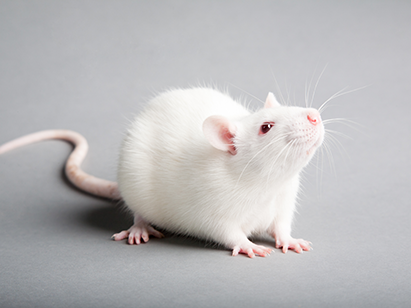

on this page







Biocytogen's Behavior Testing Platform offers comprehensive in vivo assessments of neurological and psychiatric functions, supporting drug discovery and disease research with advanced behavioral analysis.